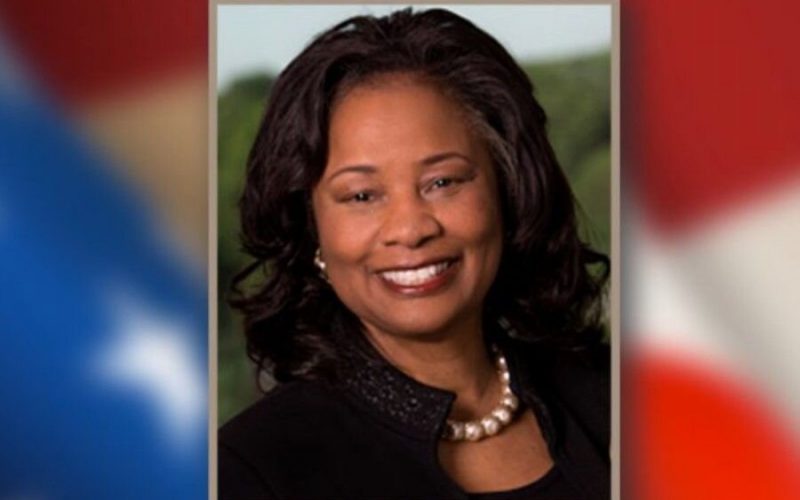A federal judge has struck down a nearly 150-year-old North Carolina statute that banned convicted felons from casting votes.
The law, enacted in 1877, had made it a new felony offense for “any person convicted of a crime which excludes the person from the right of suffrage, to vote at any primary or election without having been restored to the right of citizenship.”
The North Carolina A. Philip Randolph Institute, a group advocating for black trade unionists, and Action NC, a civil rights advocacy organization, contested the state’s law that barred convicted felons from voting.
The plaintiffs initially filed their lawsuit against the North Carolina Board of Elections in 2020.
The plaintiffs argued that the law breaches the Equal Protection Clause of the 14th Amendment to the U.S. Constitution and that it was so vague as to violate the amendment’s Due Process Clause as well.
Specifically, they asserted that the North Carolina Board of Elections fails to clearly outline which past convictions would disqualify someone from voting rights and has “caused eligible individuals with criminal convictions to refrain from voting, for fear of unintentionally violating the law and triggering criminal charges.”
On April 22, U.S. District Judge Loretta Biggs ruled that the law “was enacted with discriminatory intent, has not been cleansed of its discriminatory taint, and continues to disproportionately impact Black voters.”
Judge Biggs, who is black and was appointed by President Barack Obama, ruled that the contested state law violated the Due Process and Equal Protection Clauses of the 14th Amendment. As a result, he issued an injunction prohibiting state officials from enforcing the law.
The state contended that the law is not overly ambiguous to the extent that it violates anyone’s due process rights.
According to a filing from October 2020, the North Carolina constitution categorizes all felonies as crimes that would result in the loss of voting rights for those convicted. It also specifies that voting rights are reinstated automatically upon “the unconditional discharge of an inmate, of a probationer, or of a parolee” by the state or federal agency “having jurisdiction” of that person.
“If an ordinary person were to read the statutes, and that person had been convicted of a felony, the next question they must ask themselves is whether they continue to be supervised by the state for that conviction,” the October 2020 defense filing states.
“This inquiry can be answered by any layperson who has been convicted of a felony. They will know whether they are still incarcerated, or are still required to make court appearances for their conviction, or are still required to be in contact with their probation or parole officer. If they remain subject to such conditions, they know not to vote.”
Share your thoughts by scrolling down to leave a comment.

